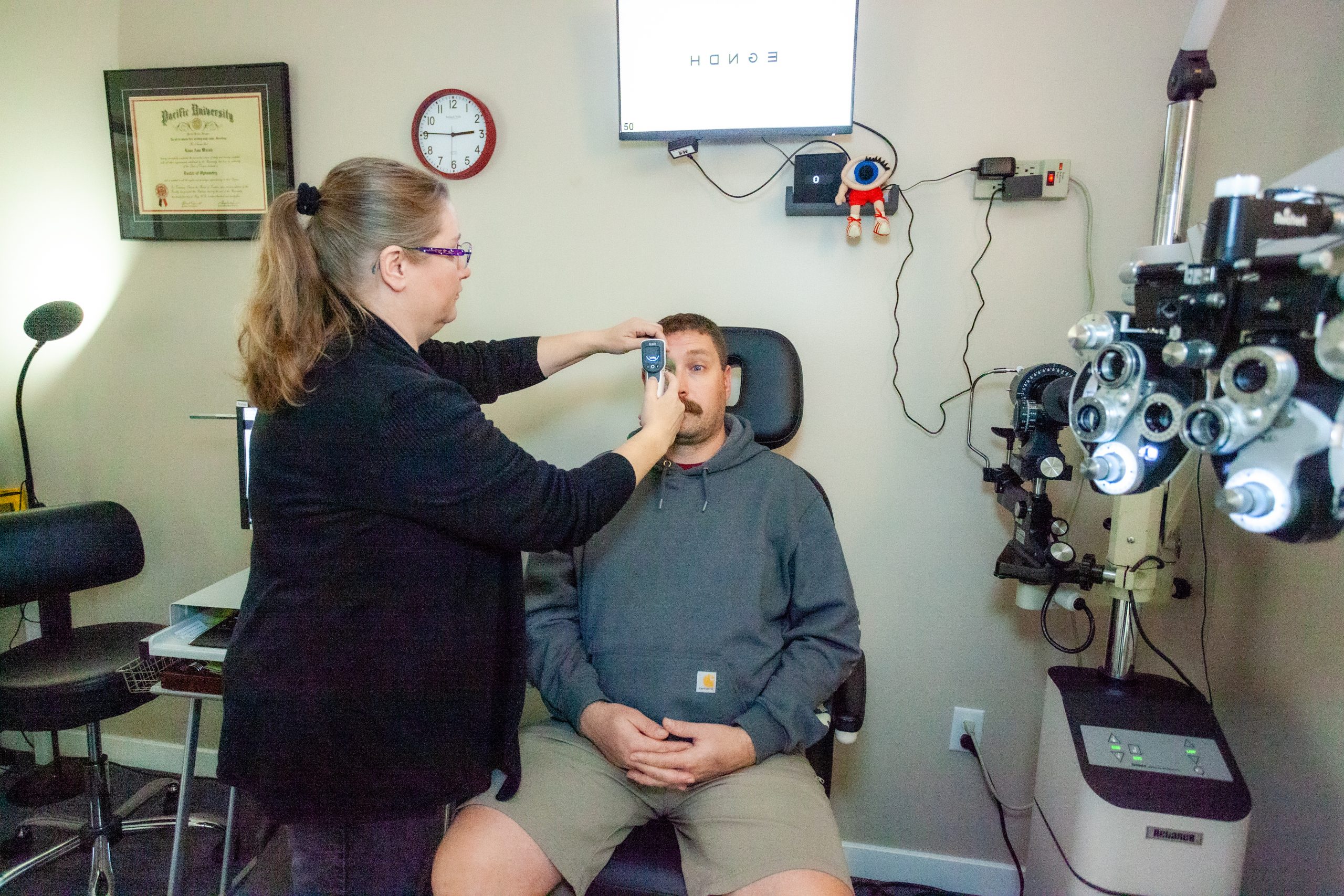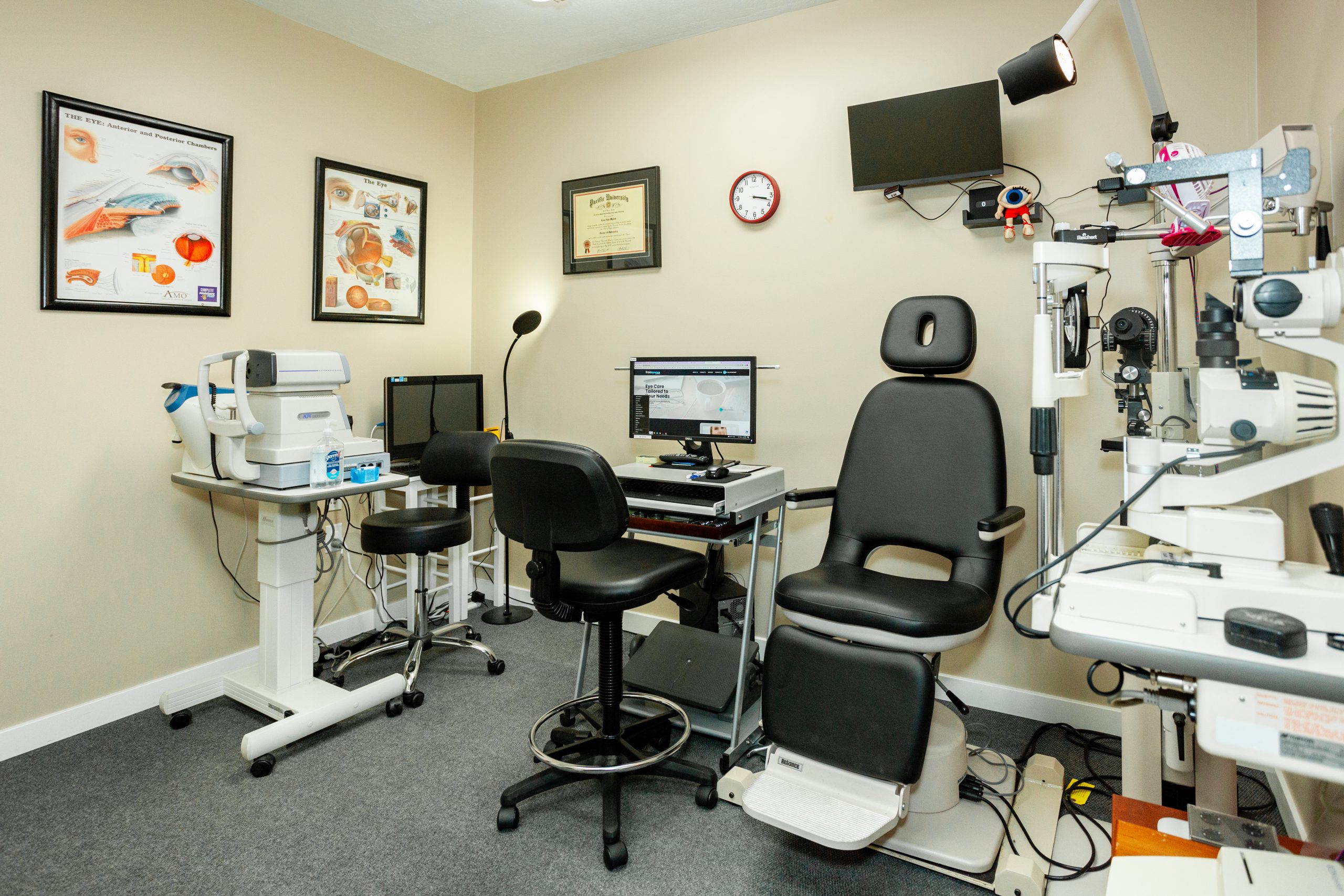Your Trusted Resource for Managing Eye Conditions and Diseases
Eye problems can range from mild to severe; some are chronic, while others may resolve on their own, never to appear again. The articles below will give you a basic understanding of some of these problems and their implications. The cardinal rule is if your eyes At Frost Eye Care, our expertise extends to treating various eye conditions and diseases, providing personalized care beyond treating the symptoms. We'll delve into the root cause of your eye problem, creating a treatment plan that addresses your specific needs.don't look good, feel good or see well, you should visit your eye doctor.


Defeat Glaucoma with Precision Care
Glaucoma, a condition caused by increased intraocular pressure, poses a significant threat to vision and requires careful management. There are several types of glaucoma, including open-angle and narrow-angle glaucoma. In open-angle glaucoma, the eye's drainage angle becomes less efficient over time, leading to a gradual increase in eye pressure. On the other hand, narrow-angle glaucoma glaucoma occurs when the iris blocks the drainage angle, causing a sudden and severe increase in eye pressure.
These conditions can manifest in blurry vision, severe eye pain, headache, and nausea. Early detection of glaucoma is possible through routine eye exams that measure intraocular pressure and assess the optic nerve. Advances in glaucoma treatments have significantly improved the management of the condition, ranging from prescription eye drops to laser therapy and surgical interventions in advanced cases.
Protecting Central Vision from Macular Degeneration
Macular degeneration, a progressive eye disease primarily associated with aging, affects the macula, the central part of the retina responsible for detailed vision. There are two main types: dry macular degeneration, characterized by the thinning of the macular tissues, and wet macular degeneration, caused by abnormal blood vessel growth beneath the macula.
Both forms result in significant visual impairment, with symptoms including distorted vision, dark or empty areas in the central visual field, and difficulty recognizing faces or reading. Managing macular degeneration requires a multifaceted approach from a specialist, including lifestyle modifications, dietary supplements, and medical interventions such as eye drops and anti-VEGF injections.


Defying Diabetic Retinopathy: Reclaiming Visual Wellness
Diabetic retinopathy, a diabetes complication, occurs when high blood sugar levels damage the blood vessels in the retina. This condition can progress through stages, from mild nonproliferative retinopathy to advanced proliferative retinopathy, which involves the growth of abnormal blood vessels on the retina's surface.
Early stages of diabetic retinopathy may not present noticeable symptoms, but as the disease progresses, patients might experience floaters, blurred vision, and even partial or total vision loss. We emphasize the importance of regular eye exams for individuals with diabetes to detect retinopathy in its early stages. For treatments, we can offer diabetic retinopathy glasses for enhancing low vision and other medical interventions.
